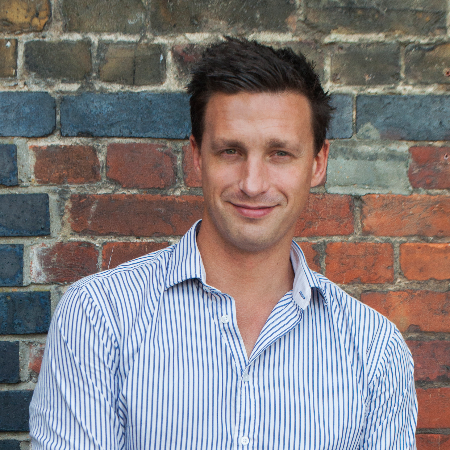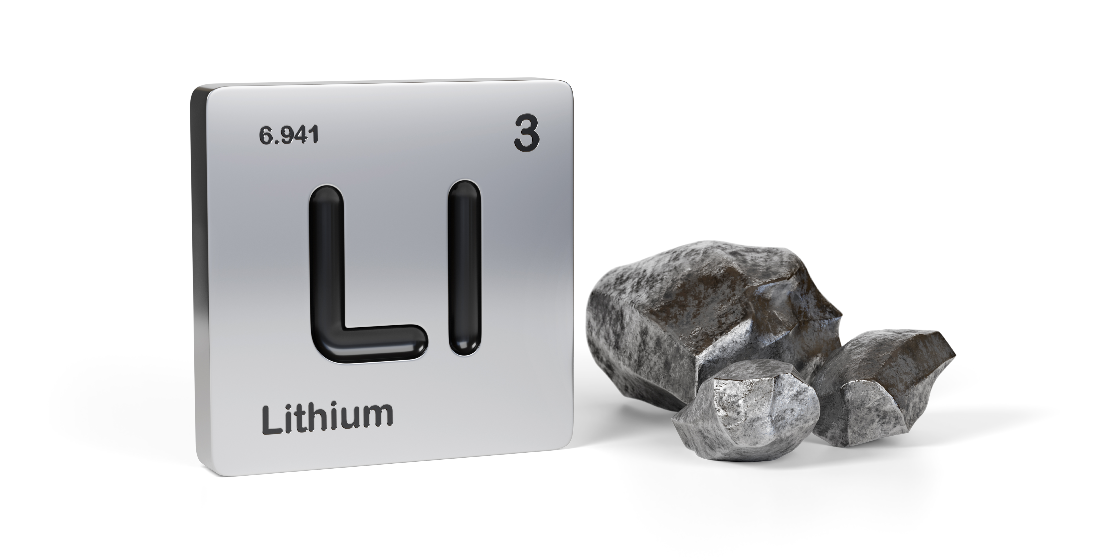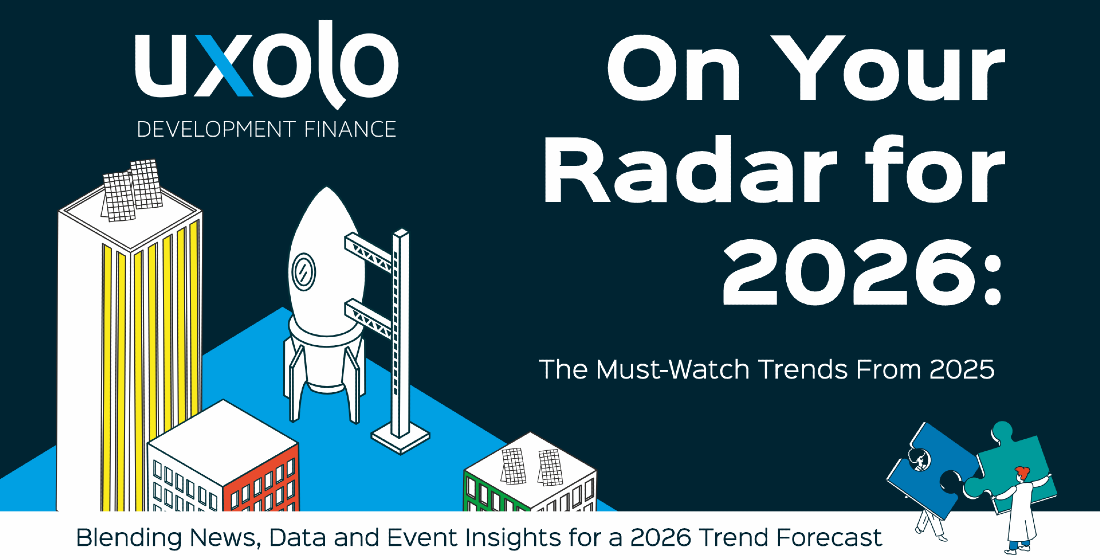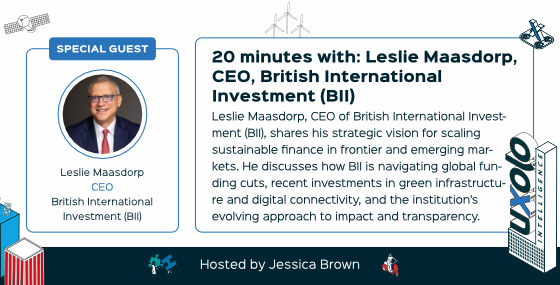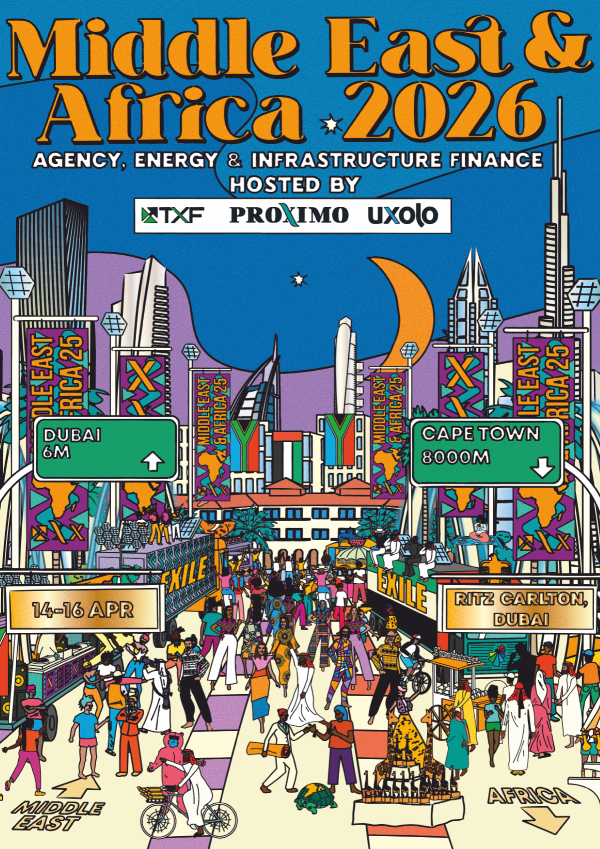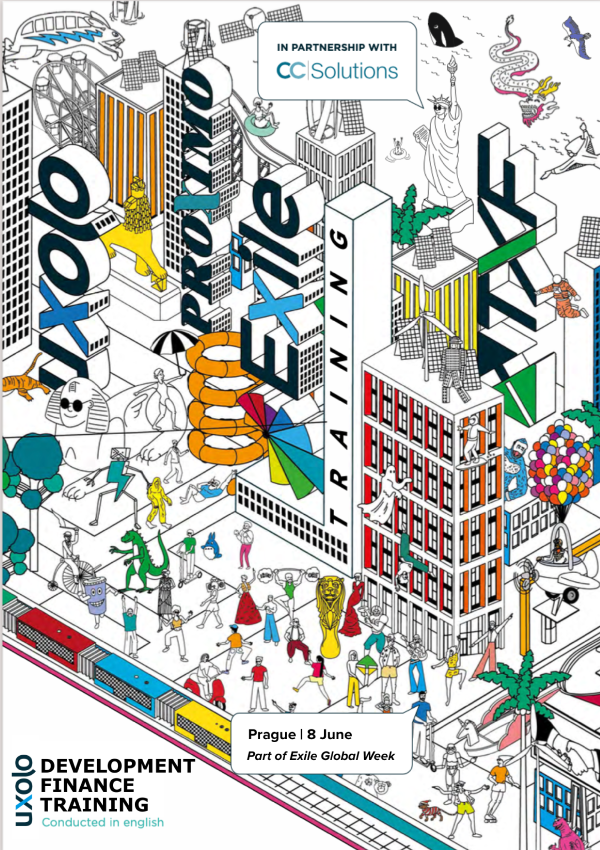On the ground at AfDB
The 57th AfDB Annual Meetings, held last week in Accra, produced a host of new initiative announcements and deal signings. But the unofficial shop-talk has just as much efficacy as the public statements of intent. Uxolo's Sam McManus reports on the undercurrents at Africa's flagship DFI event.
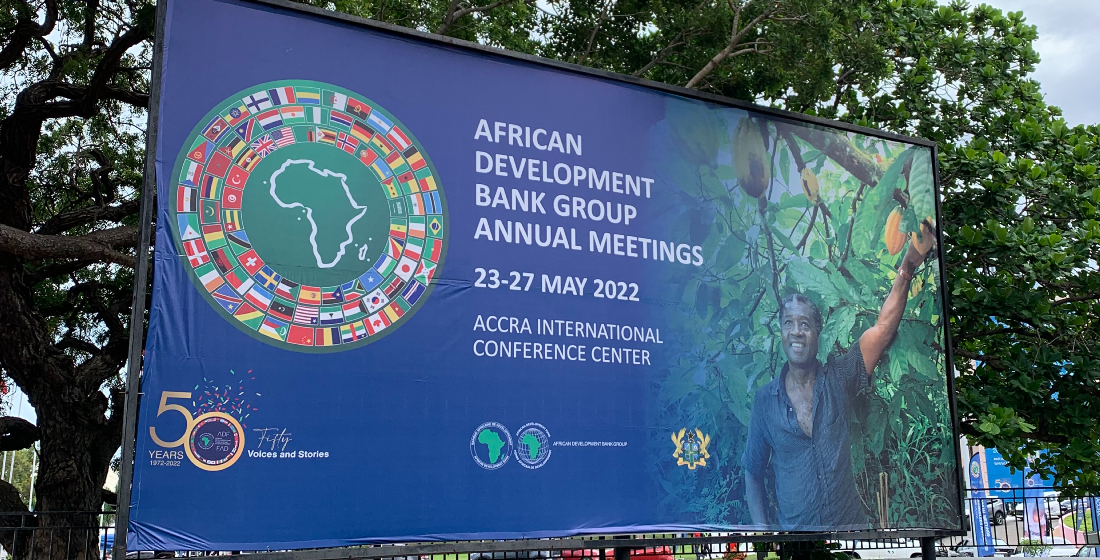
Last week I spent five days at the African Development Bank’s (AfDB) Annual Meetings in Accra, Ghana. Despite the grandeur of the event, the institution’s lustre had just taken a major PR hit from an article in The Economist – ‘Is weak governance harming the African Development Bank?’. The story reads like a Grisham novel, and is highly critical of AfDB President Akinwumi Adesina’s management-style, so critical that Adesina felt the need to denounce the article directly in his opening speech.
Whatever the final fallout from this, or opinion on the veracity of the story, the constant in every conversation I had was that if there is a governance issue it needs resolving quickly because AfDB is far too important for Africa to fail. As one official from a European government’s treasury department assured me at the welcoming cocktail reception; the world needs to have confidence in the bank and its financing structures, or things will only get harder for Africa.
What the AfDB achieves in Africa was omnipresent during the week of meetings. With so many African heads of state, international and African banks, DFIs and policy-makers in town, a string of financings and agreements were put in place, including a $830,000 AfDB grant to improve climate resilience for communities and ecosystems in Ethiopia and an additional financing from AfDB of €57 million for the construction of the Nador West Med port complex in Morocco.
I was present in one of the anterooms to witness the signing for the $85.88 million Ghana Mini Grid and Solar Photovoltaic Net Metering project, to benefit schools, health centres and communities across the country. It will be financed through $27.39 million from the AfDB’s ADF, $16 million of Ghana government counterpart funding, $14 million from the Swiss government and Climate Investment Fund (CIF) leveraged concessional financing of $28.49 million.
I also attended the African Association of Development Finance Institutions (AADFI) Annual Board Meeting & Conference, hosted by Ghana’s National Investment Bank (NIB), held in a beach resort’s conference facilities slightly out of town. There had been heavy rain the night before, and on the way I saw that many of the simply constructed homes had been completely flooded due to insufficient or blocked drainage, with families’ entire belongings emptied out onto the street or gardens propped up on furniture to dry. Everyone knew it was going to rain that night again, reinforcing for me the term ‘infrastructure’ with the importance it deserves.
A particularly interesting panel – which included Patricia Ojangole, MD of Uganda Development Bank, Tony Okpananachi, MD of Development Bank of Nigeria and Kwamina Bentsi Enchill Duker, CEO of the newly formed Development Bank of Ghana – looked at the challenges facing African national DFIs (governance, digitization, coronavirus etc) and how the DFIs can be transformed to become key players in funding sustainable development in their respective countries. The underlying thread linking most of the challenges was the difficulty of raising private capital.
In his opening remarks, AfDB President Adesina noted that Africa will need $484 billion to support recovery efforts, with an additional $7 billion to $15 billion annually to deal with climate change. Infrastructure, which would drive that growth, requires another $68 billion to $108 billion: “Where are we going to find that money? The answer is quite simple: by collaboration and determination. We must pull together and push through,” he said.
Similarly, no one denies the enormous amount of private liquidity looking for ‘bankable’ development projects, and despite so often hearing the bewailing of a lack of bankable project pipeline in Africa, there is certainly a pipeline there, although it needs quite a lot of help in structuring each project to the point where investor and lender angst is dissipated.
Speaking with a prominent South African bank, this is exactly where they want to increasingly step in using their expertise as arrangers. They will lend off their balance sheet from time to time if they see it can be beneficial to have some ‘skin in the game’, and described to me how they had just taken a group of investors to see some agricultural plantations in Ghana.
Attending the African Banker Awards dinner – where Nairobi-based Eastern & Southern African Trade & Development Bank (TDB) won ‘DFI of the Year’ – another African bilateral DFI told me that often the language local DFIs and investors are speaking doesn’t seem to connect very well. Clearly investors and DFIs need to be speaking to each other more often to better understand the other’s perspectives, simultaneously educating each other on their requirements, with commercial banks and other institutions further assisting in the structural frameworks.
Doing this in person clearly makes all the difference, but of course in the end the numbers either make sense or they don't.
If you are interested in discussing any of the themes in this article, please contact: sam.mcmanus@uxolo.com
